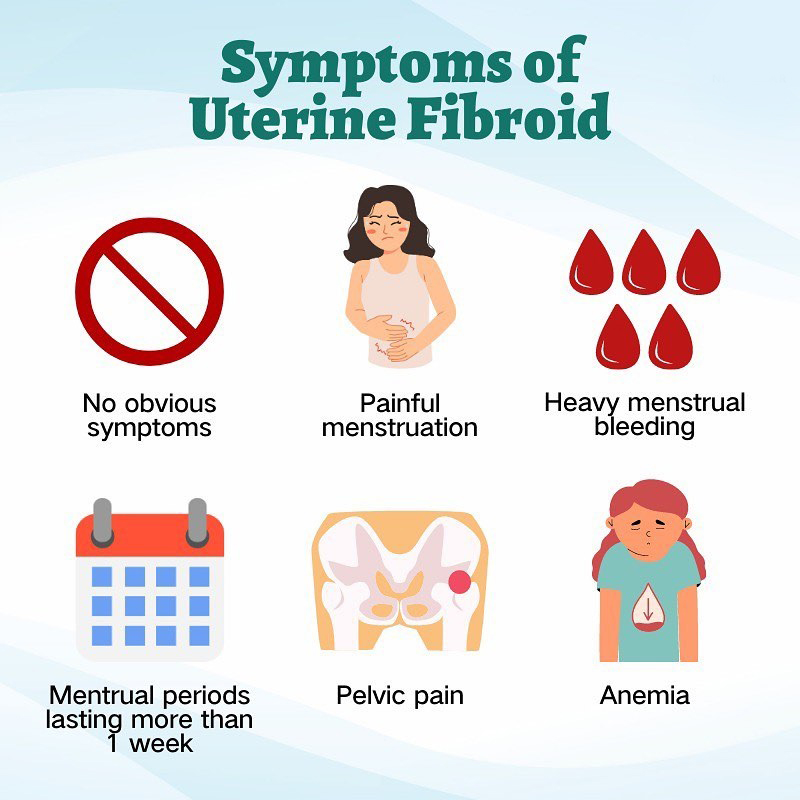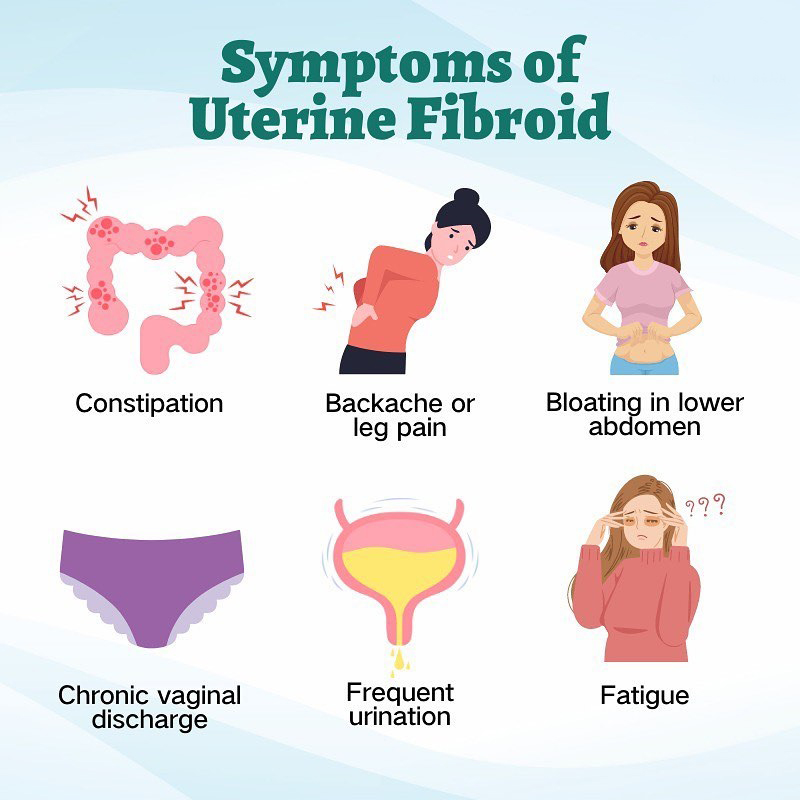EMERGENCY UNIT LANDLINE: 010 109 0794
EMERGENCY UNIT LANDLINE: 010 109 0794
EMERGENCY UNIT LANDLINE: 010 109 0794





Uterine fibroids are noncancerous growths that develop in the uterus.
Symptoms include heavy menstrual bleeding, pelvic pain, frequent urination, constipation and lower back pain.
Anyone can develop fibroids but they are most common in women of African descent and in women of reproductive ages 30-55
Consult your GP with your symptoms, they will examine and diagnose you. They may confirm the diagnosis with an Ultrasound or other imaging.
Uterine Fibroid Embolization (UFE) is a minimally invasive procedure (treatment) that shrinks fibroids by cutting off their blood supply.
UFE offers quicker recovery, less scarring, and lower risk of complications compared to traditional surgeries like hysterectomy or myomectomy.
The UFE procedure typically takes around 1-2 hours.
Risks include infection, damage to surrounding tissue, and post-embolization syndrome.
Some discomfort during and after the procedure is common, but pain is managed with medication.
Most patients can resume normal activities within a week of UFE.
UFE does not typically affect fertility or future pregnancy plans.
Waiting may result in worsening symptoms or fibroid growth.
Dietary and lifestyle changes can promote healing post-UFE, including staying hydrated and avoiding strenuous activity (talk to your Doctor about diet).
Success rates for UFE in treating uterine fibroids are generally high, with symptom improvement reported in about 85-90% of cases.
Consultation for UFE treatment options can be scheduled through your healthcare provider or a gynecologist specializing in fibroid treatment.


